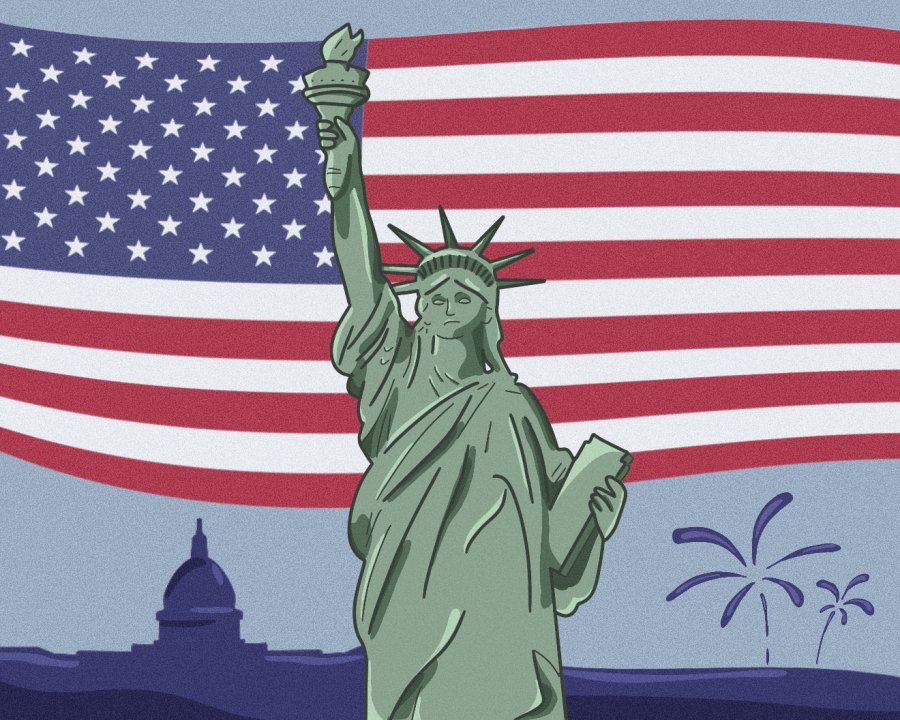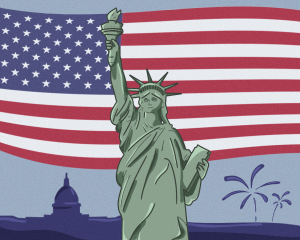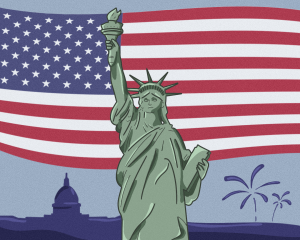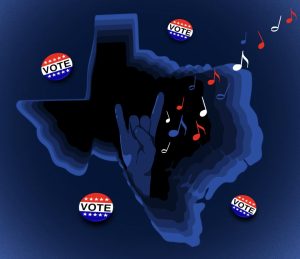American dream or fleeting nightmare?
February 10, 2023
Editor’s note: This column was submitted by a member of the UT community.
The “American dream” is a phrase I constantly heard when growing up on the west side of Houston. It’s a phrase that holds so much weight, yet one without a true definition. What’s the colloquial American dream and who is able to access it? The idea that you can lift yourself up by your proverbial bootstraps is at the center of this idea of the American dream.
For many years, this cliche idea of success has been defined by accessibility. Accessibility to wealth, power and status are all threads that make up the fabric of this so-called dream. The personal attainment of the “American dream” comes, almost completely, from a state of individual privilege or a sense of accessibility.
My vision of the American dream comes from my sense of success and peace. For me, true success is derived from a state of happiness. It stems from the status of equilibrium in life. I don’t recognize the notion that in order to lay claim to the dream you must first be rich and powerful or at least better off than where you began. I believe it is much more nuanced and intricate than simply saying “I have money, I have made it!”
As we try and examine what this dream entails, we must always look at the levers that must be pulled in order to “achieve” it. More often than not, these levers are only accessible to those who have historically been awarded or who have taken that access. These levers are inextricably intertwined with race, class, gender, sexuality and disability status. It is undeniable that these identifiers play a large part in the ability to access these means of social movement. This is most noticeable in our nation’s wealth chasm between Black and white Americans or the growing divide between the ultra-wealthy and middle class.
There are no measurements of mobility or economic stability that equal a dream for me. Instead, I recognize that as a gay Black man in America, there is no “American dream.” A nation that prioritizes the divisions of society and the degradation of those who are marginalized is not a nation where a “dream” is even fathomable.
Every week there is another name forever etched into the minds of our society via hashtag. There is another march calling for a more equitable society in which driving while Black is not punishable by death. Every week there is another school, mall, grocery store or church that is marred in bullet holes because we live in a nation where guns are more important than lives — where politics prevail over progress.
Personally, the American dream is just that, a dream, a figment, a fleeting fairy tale. It holds no marker in life and has no influence on my ambitions.
Mosley is a women’s and gender studies and Plan II freshman. He is a Justice on the UT Supreme Court.

















